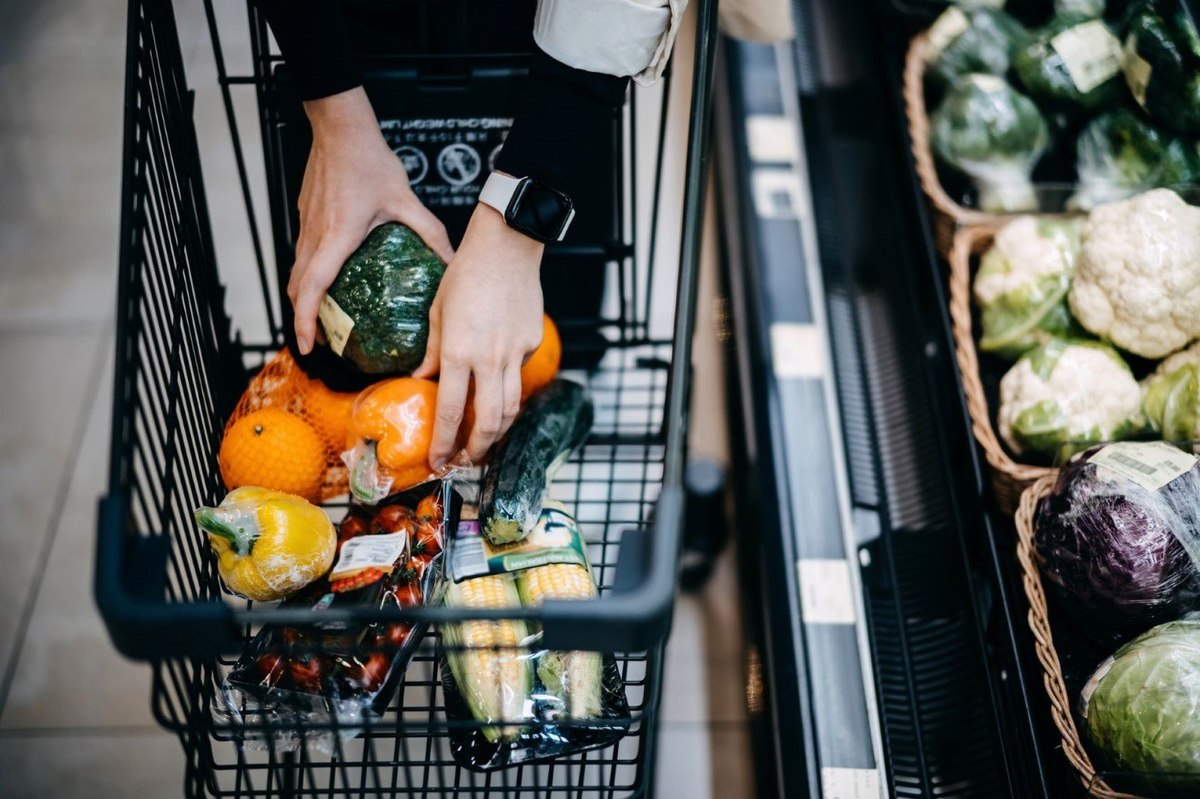- Latest YouGov global report ‘Consumer goods in a crisis’ examines consumers’ attitudes to fast moving/consumer packaged goods across 17 global markets.
- Over half (53%) intend to make greater use of online shopping / delivery
- Those aged 35 to 44 most likely to buy their groceries online
- Two in five (40%) Singaporean females bought less cosmetics last year
YouGov’s ‘International FMCG/CPG report 2021: Consumer goods in a crisis’ reveals changes to Singaporeans consumption of fast moving / consumer packed goods since the pandemic.
The start of the pandemic and announcement of lockdowns saw shoppers across the world panic-buying toilet paper and instant noodles, and Singapore was no different. Despite government ministers assuring Singaporeans there were ample supplies to go around, images of bare supermarket shelves and long queues flooded the media. A year later, three in five (58%) say that their shopping habits have changed since the pandemic.
With much of the focus last year being to stay at home and stay clean, over a third (36%) have bought more home cleaning products. Of all the consumer goods YouGov polled Singaporeans on, it is fruits and vegetables that most shoppers report spending more on, with over two in five (44%) saying their consumption has increased. Shoppers have also stocked up more on frozen foods in the past year, with almost two in five (38%) reporting increased consumption. This is followed by junk food (33%), food cupboard items (34%), baked goods (26%) and dairy (22%). About one in five (18%) also report spending more on alcohol since the pandemic.
Cosmetic products did not quite see the same spike in consumption, with only 7% reporting an increase in spending. Overall, three in ten (31%) say they are now spending less on cosmetics, and amongst women, this number rises to two in five (40%).
About two in five (38%) Singaporeans say their buy their groceries or household essentials via online supermarkets, and over two in five (46%) have done so in the past month. Amongst those aged 35 to 44, this jumps to three in five (62%). The majority (84%) do their grocery shopping in-person at supermarkets, particularly those aged 45 and up (92%).
YouGov also asked shoppers how they foresee their habits changing as a result of the pandemic. Over a third (36%) say they are now more likely to buy things in bulk. Almost two-thirds (63%) agree they will be shopping more online – a sentiment echoed particularly by younger shoppers (aged 18 to 34) with seven in ten (69%) agreeing with this statement. Older shoppers are less likely to be reverting to online shopping post-pandemic, with only two in five (41%) of those aged 45 and up agreeing that they will make more use of online shopping / delivery. Over half (53%) say they will make more of an effort to support local businesses and the same amount say they will buy more sustainable products in the future.
Ervin Ha, Head of Data Products for YouGov APAC: “The COVID-19 pandemic has created both challenges and opportunities within the FMCG sector. It hasn't had a one-size-fits-all impact on shopping behaviour and there are very real differences between different categories and markets. Whether these changes will be long-lasting or short-term remains to be seen but, as we enter the second year of the crisis, understanding consumer sentiment will be for keeping FMCG players on the front foot.”
***Results based on 1,010 Singaporeans surveyed on YouGov Omnibus
Download the full whitepaper here.









